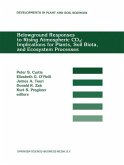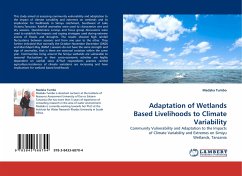Microbiological responses to chemical stress are important in the context of engineered systems as well as the natural environment. This work describes the impact of chemical stressors on microbiological metabolism at the population level, using model chemicals 2,4 dinitrophenol (DNP), pentachlorophenol (PCP), and N-ethylmaleimide (NEM). The work also investigates whether bacterial populations developed resilience to chemical stressors under multiple exposures. The findings indicate that below a certain concentration, multiple exposures to a chemical stressor reduce resilience of the population. Above a certain concentration, a single exposure to the stressor is sufficient to stop biological activity. Within these two concentrations exists a range in which the toxic effects of the stressor eliminate the weaker organisms, leaving behind a more resilient population. These findings may ultimately be useful in better monitoring and management of biological treatment operations and contaminated natural systems.
Bitte wählen Sie Ihr Anliegen aus.
Rechnungen
Retourenschein anfordern
Bestellstatus
Storno








